Matariki
Where can I find information about Matariki?
(Years 5-8)
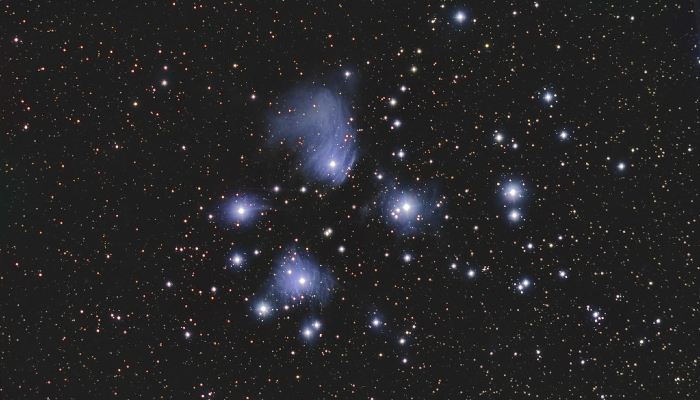
Image: M45 Pleiades Pbkwee by pbkwee on Wikimedia Commons. CC BY 2.0. Image cropped.
Entry last updated: 10/07/25
Introduction
Matariki is the Māori name for the star cluster also known as the Pleiades or Seven Sisters in other cultures. The rise of Matariki in mid-winter marks the start of the new year for most iwi in traditional Māori culture. Some iwi call this time Puanga instead of Matariki.
Matariki is now celebrated in a variety of ways around Aotearoa New Zealand and became a public holiday in 2022.
Stars of Matariki and Puanga
Some iwi recognise seven stars and some recognise nine. There are also some iwi where the star Puanga or Puaka is given importance. This is a list of stars in the Matariki cluster.
Matariki: Sometimes seen as the mother of the cluster. She is connected to health and wellbeing.
Pōhutakawa: This star is connected to the dead and those who have passed away in the last year.
Tupuānuku: Connected to food grown in the ground.
Tupuārangi: Connected to the forest and everything that grows above the ground and in trees eg fruit and birds.
Waitī: Relates to freshwater like rivers, streams, and lakes and the food sources in them.
Waitā: Relates to salt water and all the creatures and food in the sea.
Waipuna-ā-rangi: Connected to rain.
Ururangi: Connected to the winds.
Hiwa-i-te-rangi: Known as the wishing star. It is connected to the promise of a prosperous season.
Puanga: Also known as Puaka. In some Māori pūrākau, Puanga is the older brother of Matariki.
General websites
Although the star cluster is recognised and celebrated in other cultures, the stories and traditions about Matariki are unique to Aotearoa New Zealand. This means the best place to look for information on this topic is on New Zealand websites.
Te Ara: The Encyclopedia of New Zealand
Te Ara is a great starting point for all questions about Aotearoa New Zealand.
Enter the keyword 'Matariki' in the search box.
Look for the story called Matariki – Te Tau Hou Māori.
This is the Story summary, so remember to try other links under Contents to find more information.
If you look under All images and media you will find pictures and videos about Matariki too.
Tips: We can tell from its website address that this site is a government site because it has .govt in the address, so we can be confident the information is well-researched and reliable.
Te Papa Tongarewa | Museum of New Zealand
New Zealand’s national museum also has lots of good information on Matariki.
Enter 'Matariki' into the search box at the top of the page.
You will find a link called Matariki – te Mātahi o te Tau.
On this page you can find out more under the different sections, such as What and who is Matariki?, How to celebrate Matariki, and information about Matariki: regional variations.
The link The Maramataka is about the Māori lunar calendar which begins with the reappearance of the Matariki stars.
Tips: Many web pages have links to further information or to other recommended sites. Following these links is a great way to find out more.
This website has heaps of interactive things you can do to learn about Matariki.
Select Matariki from the menu at the top of the page.
Have a look through the videos, the web series, and the frequently asked questions (FAQs) for lots of info about Matariki.
Tips: Websites that have .com or .co in the address can have good information, but you need to assess how reliable it is. Check the About link on the website, that can tell you what the company’s mission and values are. The About link on this website tells us that this information has been put together by award winning scholar Professor Rangi Matamua, so we know it is well researched and reliable.
Te Wānanga o Aotearoa - Matariki
Te Wānanga o Aotearoa is a learning environment where people can learn te reo Māori and more. This is their website about Matariki.
Go to Matariki History to find out about Matariki in the Ancient World, in the Pacific, and The Origins of Matariki.
Choose The Stars of Matariki and then Te Iwa o Matariki to learn about the stars. This is a good place to find out more about Puanga, too.
Celebrating Matariki is all about Matariki ceremonies and celebrations.
The pages all have videos.
Tips: We like sites like this because they’re reliable. You can tell because of the web address – it has an .ac in it, meaning it is from an educational organisation. It's also a New Zealand site, so relevant for us.
This site has been put together by Manatū Taonga | Ministry for Culture & Heritage and Te Māngai Pāho.
Go to He Kōrero mō Matariki to find out about Matariki.
Or go to Huihuinga to discover Events that are happening in your area for Matariki.
Find the menu for All events to choose your region.
Christchurch City Libraries is a group of public libraries belonging to Christchurch City Council. Its website has lots of pages of information on popular New Zealand topics such as Matariki.
Choose Explore along the top of the page, then Te Ao Māori.
Next, select Matariki and you will be taken to the Matariki section of the page.
Find the link Matariki for tamariki to read about traditions, stories, activities and links to other Matariki websites.
Tips: Websites that have .com or .co in the address can have good information, but you need to assess how reliable it is. Check the About us link on the website. That can tell you what the company’s mission and values are. We like this website because it comes from a library and all the information is written by librarians.
This is the site for four museums in Wellington. It has information about Matariki and how to find it in the Wellington morning sky.
Search for 'Matariki'.
Go to the page for Matariki to find out about the stars.
Tips: Websites that have .org or .net in the address can have good information, but you need to assess how reliable it is. Check the About us link on the website, if you can find one. That can tell you what the organisation’s mission and values are. We like this website because the information has been put together by a museum.
Books
Your local or school library may also have some books about Matariki. Check out these titles:
Astromancer : the rising of Matariki by Witi Ihimaera
Seven kites of Matariki by Calico McClintock
Matariki around the world : a cluster of stars, a cluster of stories by Rangi Matamua and Miriama Kamo
Matariki by Kirsten Parkinson and Kitty Brown, translation by Kiringāua Cassidy
The promise of Puanga : helper to the Whānau Matariki by Kirsty Wadsworth
The kai stars of Matariki : Tupuānuku and Tupuārangi by Miriama Kamo
The twin stars of Matariki, Waitī and Waitā by Miriama Kamo
SCIS no: 1832262
Topics covered
Related content

Matariki celebrations
Discover resources related to Matariki and how it is celebrated.
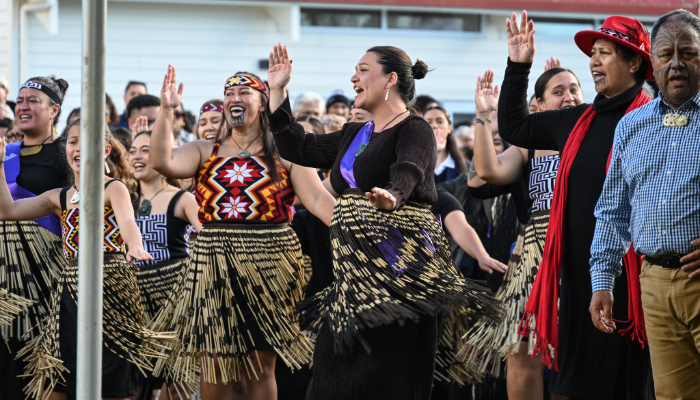
Māori culture and customs
Where can I find information about traditional Māori culture and customs?
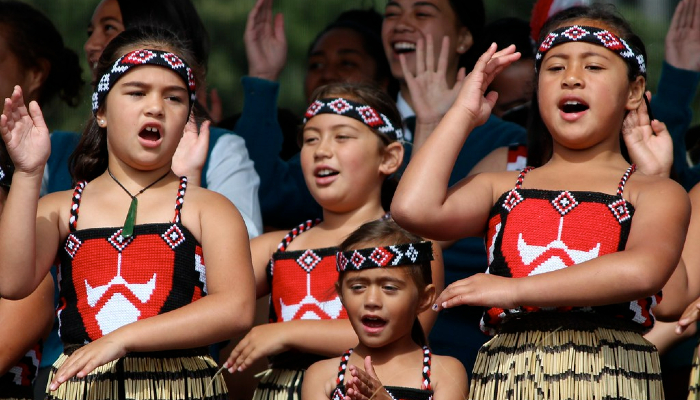
Te reo Māori (Māori language)
Where can I find information about te reo Māori (the Māori language)?
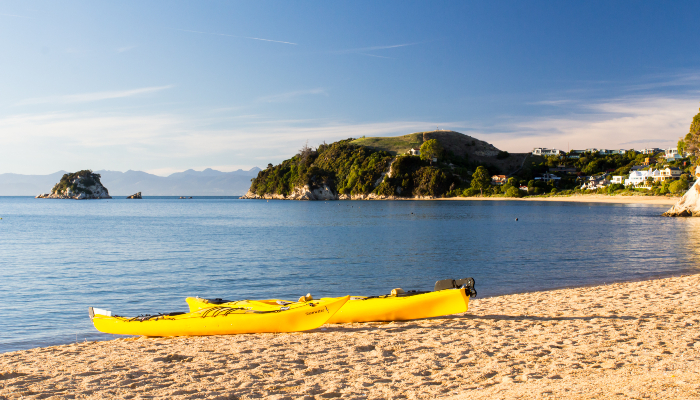
Holidays (New Zealand)
Where can I find information about public, local and school holidays in New Zealand?
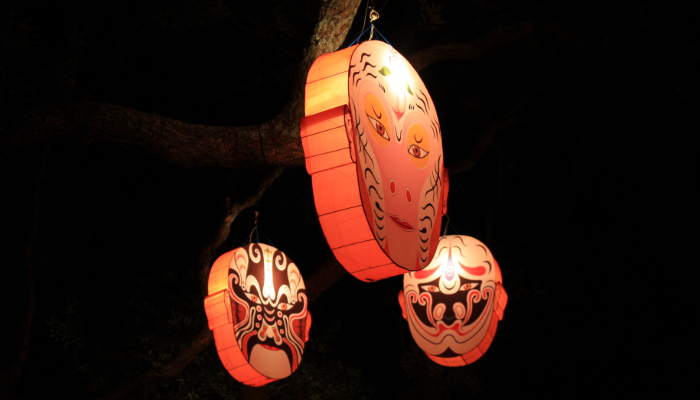
Festivals and celebrations (New Zealand)
Where can I find information about festivals and celebrations in New Zealand?
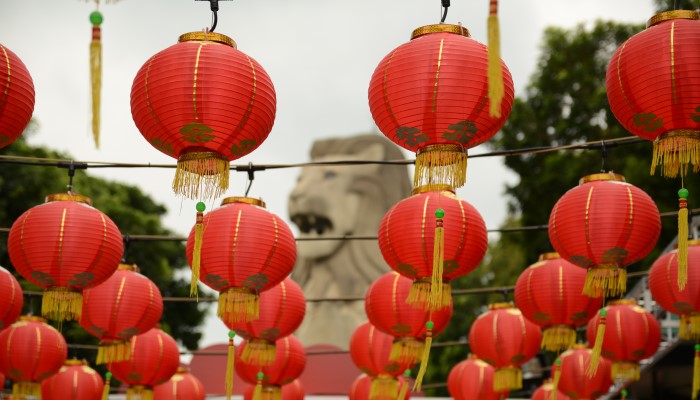
Chinese New Year
Where can I find information about Chinese New Year?

Diwali (festival of lights)
Where can I find information about Diwali, the festival of lights?
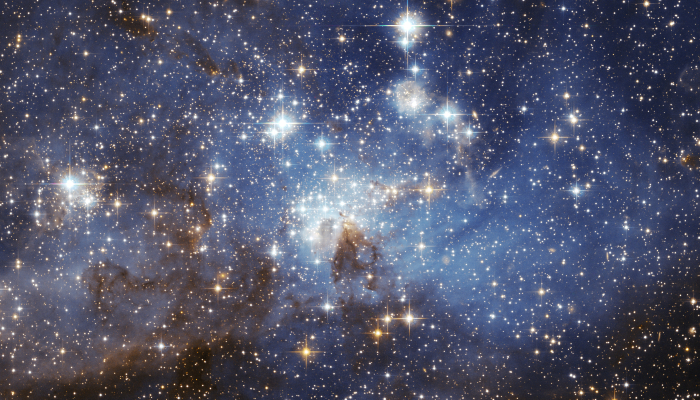
Stars
Where can I find information about stars in space?

Significance of Matariki
Discover resources related to Matariki.
